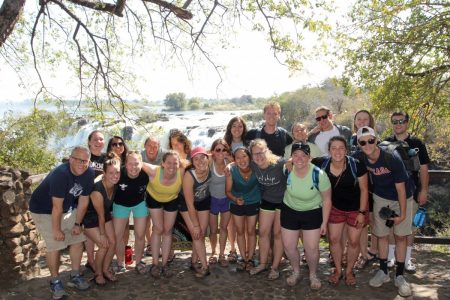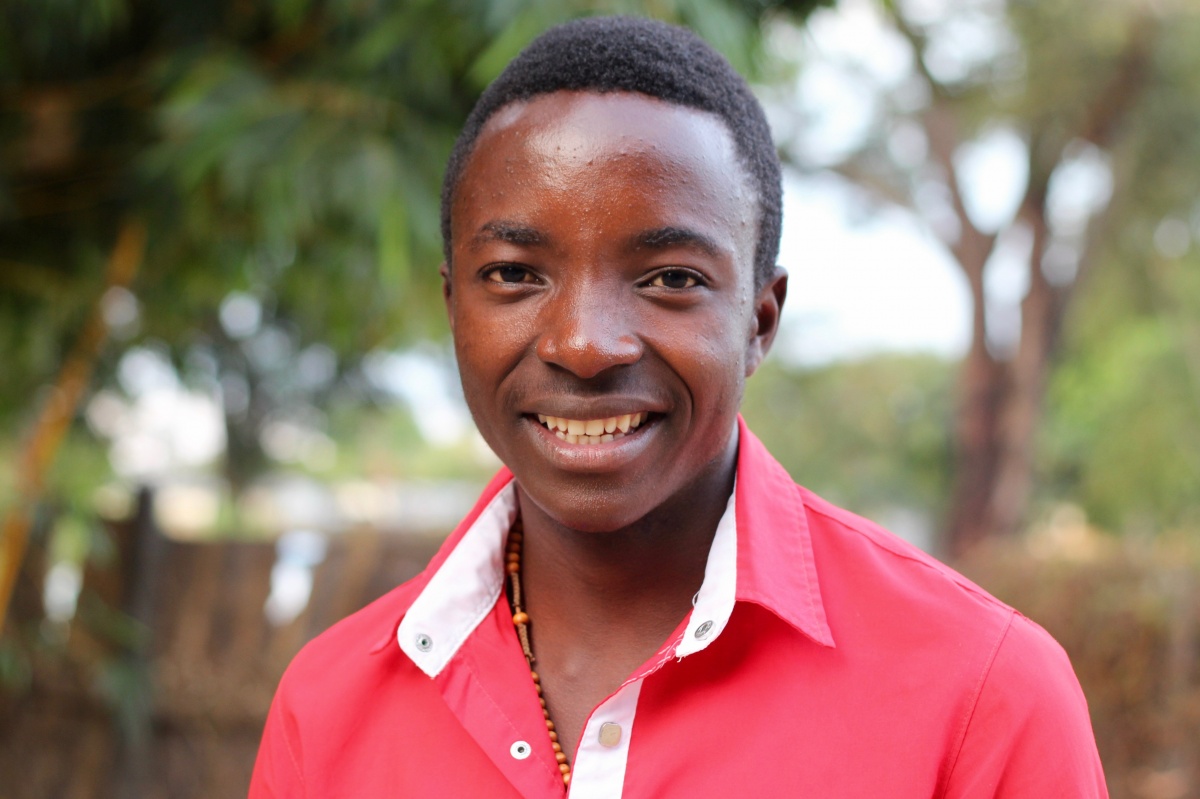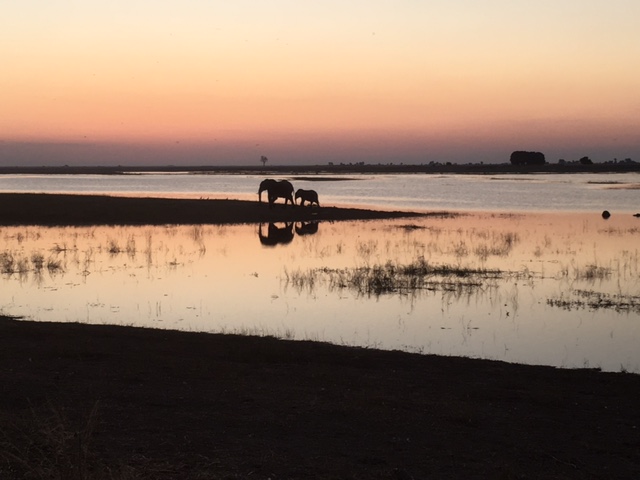“It is possible to speak with our heart directly. Most ancient cultures know this. We can actually converse with our heart as if it were a good friend. In modern life we have become so busy with our daily affairs and thoughts that we have lost this essential art of taking time to converse with our heart.” –Jack Kornfield
We walked the path Mama Violet walks every day to get to the convent, where she lovingly makes our lunch and dinner. We walk through the market, everyone greeting Mama with “Munoyoyo mwane” as she responds with “kanawa mwane,” with Bridget and I following in her shadow as she bought dinner ingredients. Bridget carried the reed mat on her head and suddenly the town is cheering her on, no longer yelling “chindele,” accepting her. Mama guides us, making sure we don’t lose our way, while asking if this is what America looks like. Mama asked what the paths look like in America. After taking a moment to think, I told her that most walkways are concrete, not sand or dirt, industrialized, hard, and encompassing concrete.
The walk to Mama’s home village was beautiful. Tall grass, large fields, goats, green, everywhere. Beauty in every step we took, walking together. She guided us into the village of her youth and sat us on a log in front of her brother and sister, telling us that sitting is “tradition.” She led us flawlessly through a culture thriving on respect, a culture we are just coming to know, and not nearly understand. By telling us sitting was tradition, she helped us show the level of respect to her family as they showed to us. Instinct told me to stand, and Mama knew our insecurities and helped us immerse ourselves in her culture and thrive on respect with them.
Mama held our hands and told us it was time to “go to our destination.” We ended our journey at Mama Violet’s village where she lives with her husband and children. Mama’s husband, Steven, came out and greeted us as we sat outside in their village. He told us that this was our home and our family, always. This statement filled me with an emotion I can only describe as pure joy. I felt accepted, loved, welcomed and everything in between. In a place so far from where I call home, as I struggle with having just graduated, moving out of my house and soon moving to a new home, having a home and a family in Zambezi made my heart open in ways I never knew it could. We saw a book with names of past Zags who have stayed with Mama Violet and Steven, trailing back 9 years.
Mama Violet’s joy to show us her home and for us to meet her family was so humbling. She placed us at the center. She made our bed, comprised of a reed mat on a concrete floor with 2 blankets, feel like home. Mama let us physically walk in her footsteps, live a day in her life, while giving a lifetime of family and home in Zambezi. Every step Mama Violet took she held our hand, she fed us, gave us a bed, and made us feel her love. Mama has told me a few times that she is proud of me. But I am honored to have been welcomed and accepted into her home, a room given up so I could sleep, meals shared, all with nothing but open and loving hearts. Hearts filled with intentionality and authenticity. She conversed with me through her heart, her actions, she spoke directly to my heart by using hers.
I have learned so much from Mama Violet in the past few days that I cannot fathom putting into words. What I can do is tell the stories, share her joy and follow her footsteps in caring for others. I can open my heart, mind, and soul to the stories of others, and loving with my whole heart through it all. Mama Violet showed me the most vibrant image of love and that opened a part of my heart I thought was unaccessible. Love fully and love well.
Kisu mwane,
Morgan Schindele
P.S. Bug bites are at a minimum, I miss you all dearly and think of you often, spiders aren’t that scary, and we are all so thankful for you’re wonderful comments, keep them comin’.
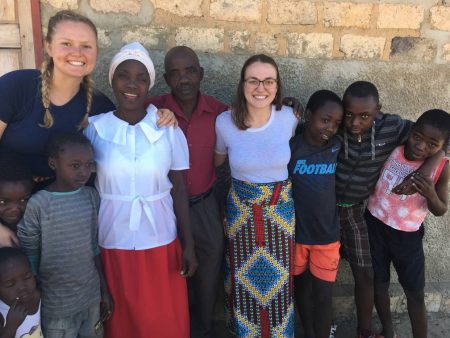

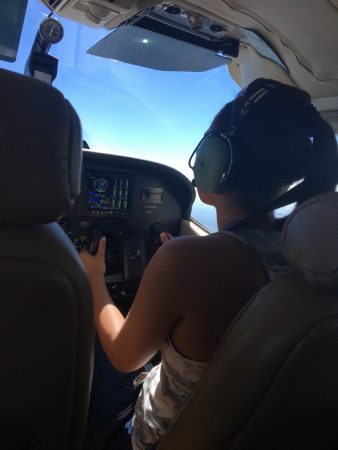 Zambezi is more beautiful than I could have ever expected. I have already experienced so many things for the first time.
Zambezi is more beautiful than I could have ever expected. I have already experienced so many things for the first time.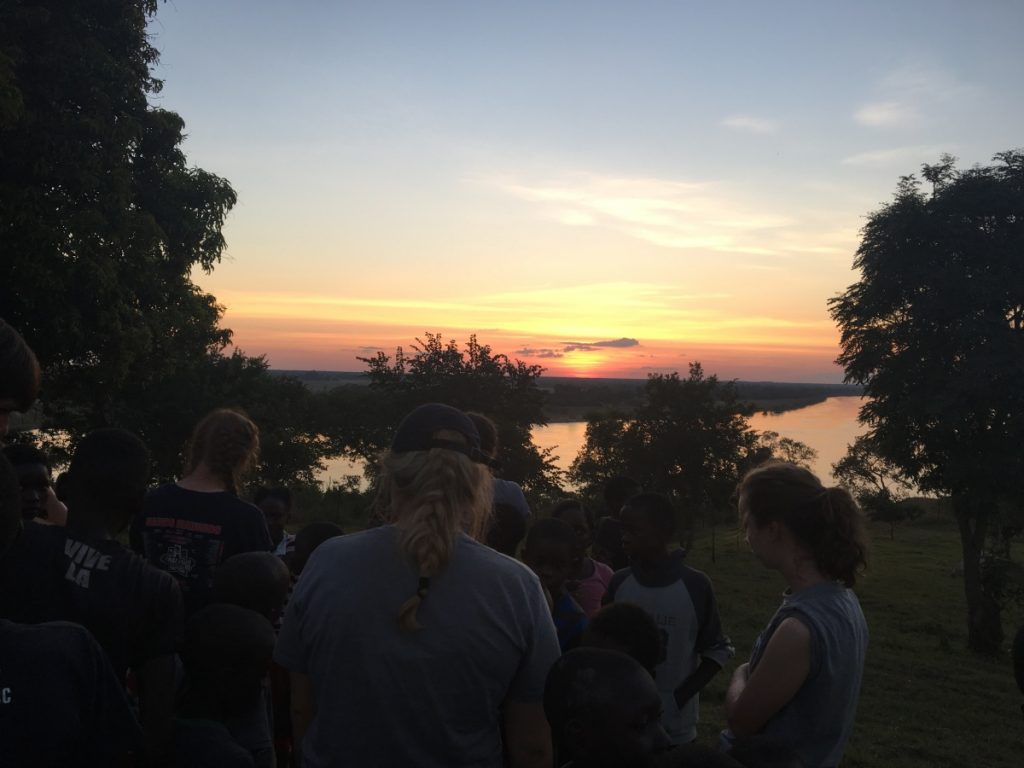
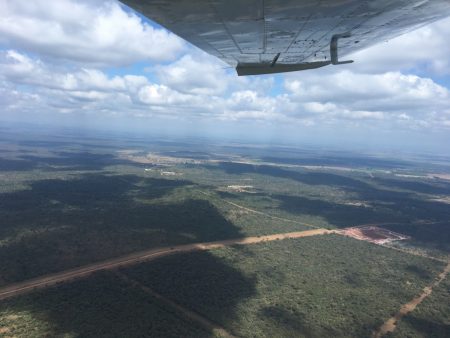
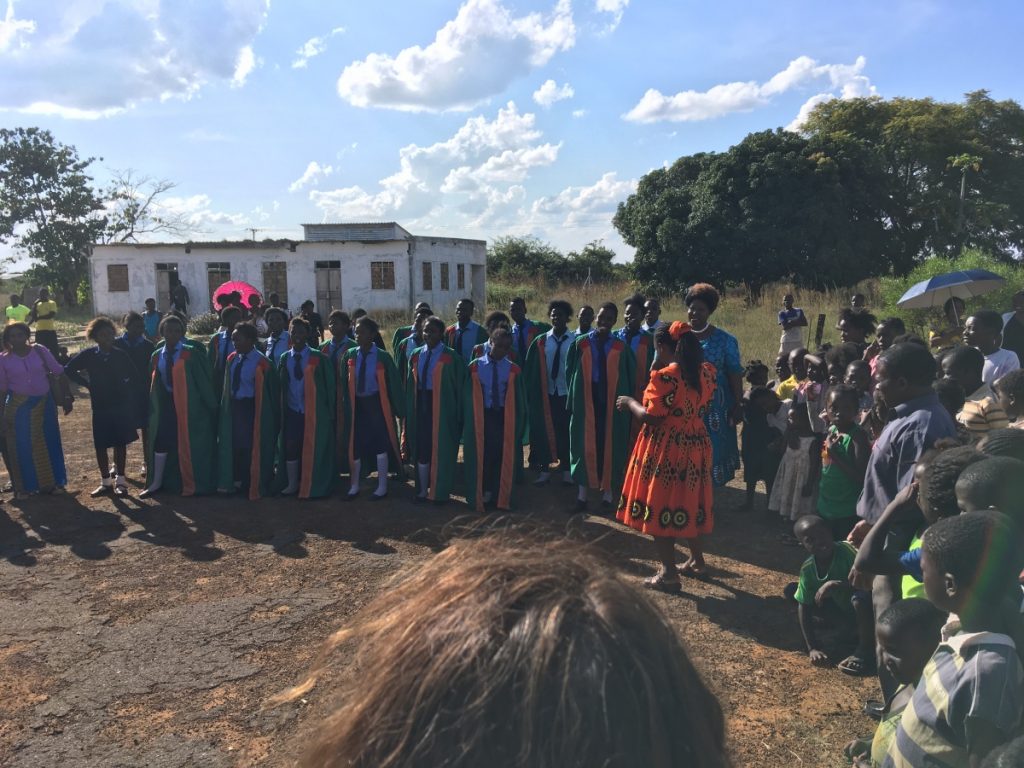 I am bathed in sunlight on a remote landing strip in Northwest Zambia. Rumor around here is that the strip will be shuttered and replaced by a new paved runway about 30 kilometers downstream, in a spot closer to a proposed mine on the west bank of the Zambezi. Of course, rumors like these abound in any community: I heard there’s a new mall coming to Hillsboro; if Boeing goes to South Carolina, …? It seems in most places that implications of our livelihoods carry an undue weight in describing the value of our lives. And Zambezi is no different. For the first two years I came here, I heard about the Shoprite coming to town and the bridge that would eventually replace the decrepit pontoon ferry that offers vehicle passage across the Zambezi. Now it’s the airstrip closing. The narratives change, but narrative remains.
I am bathed in sunlight on a remote landing strip in Northwest Zambia. Rumor around here is that the strip will be shuttered and replaced by a new paved runway about 30 kilometers downstream, in a spot closer to a proposed mine on the west bank of the Zambezi. Of course, rumors like these abound in any community: I heard there’s a new mall coming to Hillsboro; if Boeing goes to South Carolina, …? It seems in most places that implications of our livelihoods carry an undue weight in describing the value of our lives. And Zambezi is no different. For the first two years I came here, I heard about the Shoprite coming to town and the bridge that would eventually replace the decrepit pontoon ferry that offers vehicle passage across the Zambezi. Now it’s the airstrip closing. The narratives change, but narrative remains.
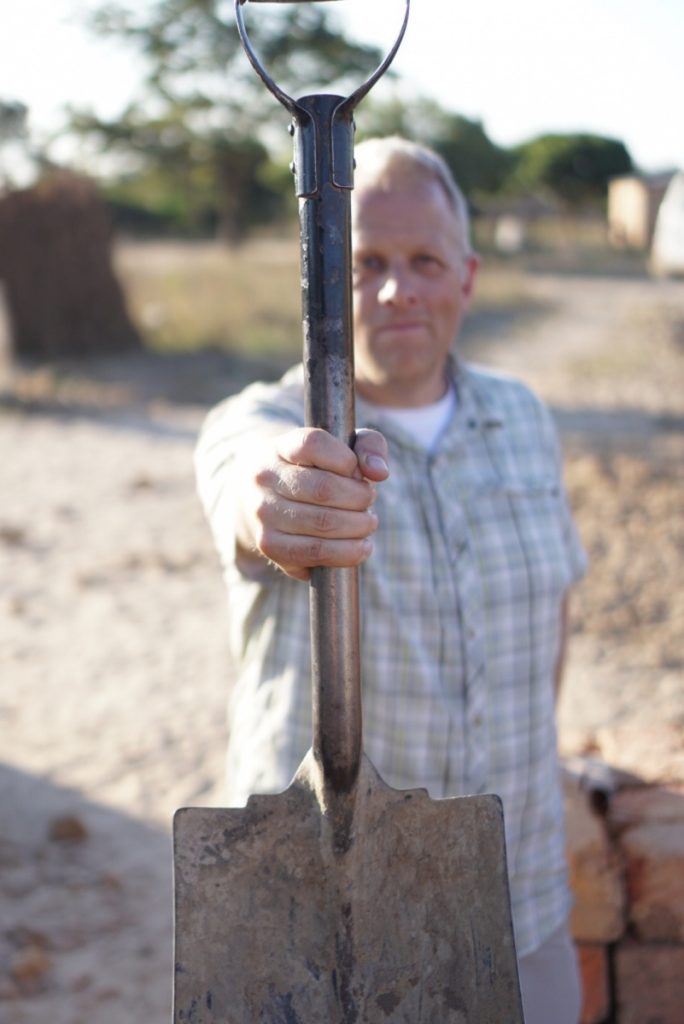
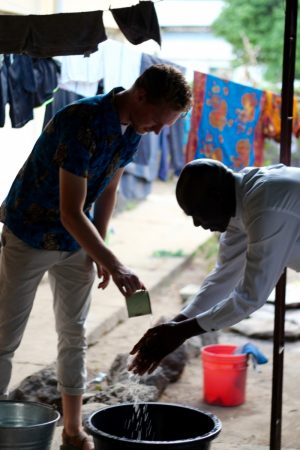 The opportunity offered by our mourning friends was one of kinship; as Fr. Greg Boyle says, “There is no us and them; there is only us.”
The opportunity offered by our mourning friends was one of kinship; as Fr. Greg Boyle says, “There is no us and them; there is only us.”